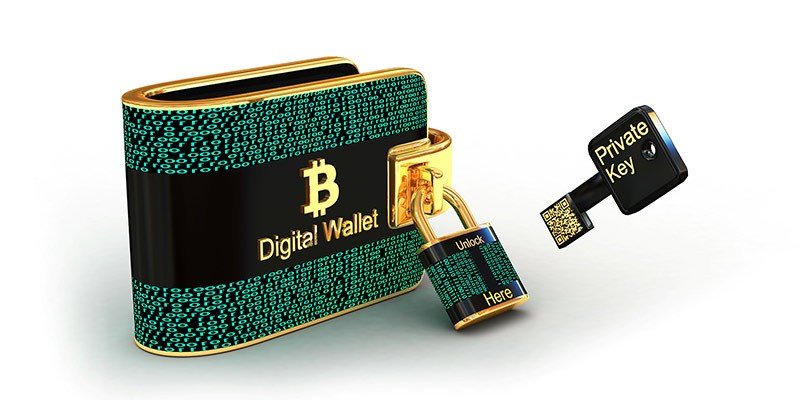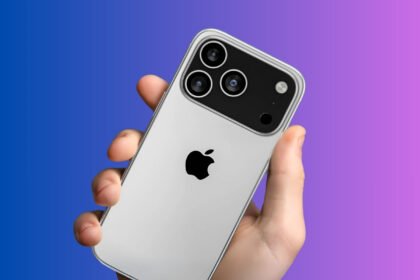Cryptocurrency is a digital currency that exists in the form of a token that can be purchased, traded, and sold online through UAE-licensed exchanges like Bybit or CoinMENA. It’s central to Dubai’s vision as a blockchain hub, decentralized and operating beyond traditional financial institutions, yet regulated by VARA (Virtual Assets Regulatory Authority).
Cryptocurrency wallets are used to store and manage digital assets such as Bitcoin, Ethereum, and Litecoin. In Dubai’s fast-paced market, a wallet isn’t just software—it’s your gateway to participating in MENA’s crypto boom. It lets you securely access, send, or receive funds while protecting your investments from sophisticated threats targeting UAE investors. However, these wallets face risks unique to digital-first economies like the UAE. Below are essential safeguards:
Use A Hardware Wallet
Hardware wallets are the most secure way to store cryptocurrency. These physical devices keep private keys offline—critical in Dubai’s high-risk cyber environment. When setting up, write your seed phrase on paper and store it in a secure location (e.g., a bank vault in DIFC or a home safe). If your device is lost or stolen at Dubai Marina’s crypto meetups, thieves can’t access funds without your seed phrase. Hardware wallets also enforce two-factor authentication (2FA), ensuring remote hackers can’t breach your assets even with your password.
Enable Two Factor Authentication
Two-factor authentication (2FA) adds a vital security layer. Given Dubai’s status as a global tech target, reuse of passwords across Careem, Noon, or crypto exchanges is risky. 2FA combats this by requiring a second verification step—like a code from Google Authenticator or a biometric scan. For UAE users, avoid SMS-based 2FA (vulnerable to SIM swaps) and opt for app-based authentication. This extra step deters hackers targeting Dubai’s thriving crypto community.
Use A New Address for Each Deposit
Always generate a new wallet address per transaction. Reusing addresses common among Dubai traders on exchanges like Binance links your transactions, exposing portfolio size to snoopers. Unique addresses obscure your activity, aligning with Dubai’s focus on financial privacy. Most VARA-regulated platforms automate this, but manually verify when trading peer-to-peer in areas like Deira or Business Bay.
Have a Strong Password and Do Not Share It
In Dubai’s multicultural hub, password hygiene is non-negotiable. Create complex 12+ character passwords mixing Arabic numerals (e.g., ١٢٣), Latin letters, and symbols (e.g., BurjKhalifa@2025!). Never reuse passwords across platforms like UAE bank apps, ENBD Direct, or crypto wallets. Use Dubai-friendly managers like 1Password—never share credentials, even with trusted contacts.
Use Unique Browser Window for Transactions
Always use a dedicated browser window for crypto transactions. Dubai’s high phishing risk—via fake airdrops or Dubizzle scams—makes cross-contamination dangerous. Install a separate browser (e.g., Brave) exclusively for wallets. Avoid browsing Dubizzle, checking Emirates flight status, or accessing government portals like UAE Pass in the same window.
Run Regular Diagnostic Checks on Your System
Run monthly antivirus scans using trusted tools like Kaspersky (popular in UAE). Dubai’s public Wi-Fi networks (e.g., at Dubai Mall or Global Village) are hunting grounds for malware. Update devices immediately—delayed patches exploit systems. For Windows users in UAE, enable auto-updates and scan before trading during volatile market hours.
Frequently Asked Questions
Why are hardware wallets recommended for Dubai investors?
Hardware wallets (e.g., Ledger/Trezor) keep private keys offline, critical in Dubai’s high-target cyber environment. Store your seed phrase in secure locations like DIFC bank vaults—physical theft at places like Dubai Marina crypto events won’t compromise assets without this phrase.
Is SMS-based 2FA safe for UAE crypto exchanges?
No. SIM-swapping scams are prevalent in the UAE. Use app-based 2FA (Google/Microsoft Authenticator) instead. For VARA-regulated exchanges like Bybit, avoid SMS verification entirely.
How often should I change my crypto wallet address in Dubai?
Generate a new address for every transaction. Reusing addresses exposes portfolio size—a risk for Dubai’s high-net-worth investors. Most VARA-licensed platforms (e.g., CoinMENA) automate this.
Can I use public Wi-Fi at Dubai Mall for crypto transactions?
Avoid absolutely. Dubai’s public networks are phishing hotspots. Use a dedicated browser (Brave/Firefox) only for wallets, and never access Dubizzle or UAE Pass simultaneously.
How do I comply with VARA regulations while securing my wallet?
1: Use VARA-licensed exchanges. 2: Enable transaction anonymity via unique addresses. 3: Run monthly antivirus scans (Kaspersky/Norton) to meet cybersecurity best practices.
Where should I store my hardware wallet’s seed phrase in Dubai?
Never digitally. Use fireproof home safes or bank safety deposit boxes (e.g., in DIFC). Avoid photographing/phoning it—UAE SIM theft could expose it.
Why avoid browsing Dubizzle in my crypto transaction window?
Dubai specific phishing scams often mimic marketplaces like Dubizzle. Isolate crypto activity to prevent cross-contamination from malicious ads/extensions.















